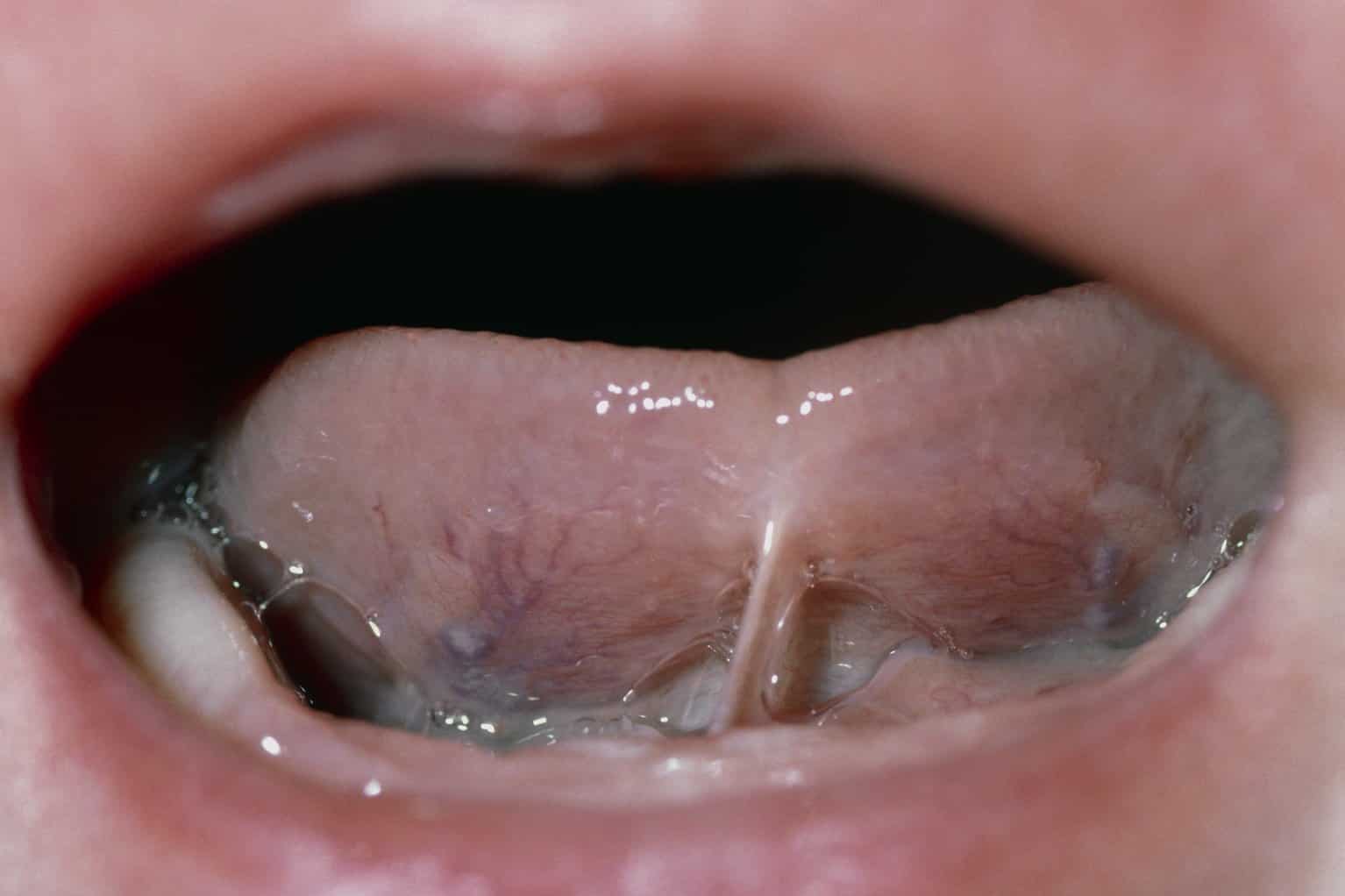
Tongue-tie is a condition where the tongue’s mobility is restricted due to a short frenulum, a thin tissue that connects the tongue to the floor of the mouth. A tongue-tie can affect breastfeeding, speech, and oral hygiene. Although tongue-tie is a congenital condition, it can be diagnosed and treated at any age, including infancy. In this article, we will discuss whether babies can develop a tongue-tie and how to recognize the signs and symptoms.
Table of Contents
What Causes Tongue-Tie In Babies?
Tongue-tie is a congenital condition that means it is present at birth. During fetal development, the frenulum fails to separate, leaving the tongue attached to the floor of the mouth. The exact cause of tongue-tie is unknown, but it may be hereditary or related to certain genetic conditions.
Can Babies Develop A Tongue-Tie Later In Life?
While tongue-tie is a congenital condition, it can be diagnosed and treated at any age, including infancy. In some cases, a tongue-tie may not be noticeable until the baby starts to breastfeed or bottle-feed. Feeding problems can be a common sign of tongue-tie, and parents may notice symptoms such as poor latch, difficulty sucking, and prolonged feeding times.
How To Recognize The Signs And Symptoms Of Tongue-Tie In Babies?
It’s essential to recognize the signs and symptoms of tongue-tie in babies to ensure that they receive proper treatment. Some common signs and symptoms of tongue-tie in babies include:
- Difficulty latching and breastfeeding
- Prolonged feeding times
- Poor weight gain
- Clicking sounds during feeding
- Colic and reflux
- Inability to stick out the tongue
- Difficulty swallowing and eating solid food
- Speech delays and difficulties
- Oral hygiene problems such as tooth decay and gum disease
How To Treat Tongue-Tie In Babies?
The treatment of tongue-tie in babies depends on the severity of the condition and the symptoms it causes. In most cases, a simple procedure called frenotomy or frenuloplasty can resolve the condition. Frenotomy involves clipping the frenulum to release the tongue’s mobility, while frenuloplasty involves suturing the frenulum to lengthen it. Both procedures are safe and effective and can be performed in a doctor’s office or clinic with minimal discomfort to the baby.
Conclusion
In conclusion, tongue-tie is a congenital condition that can affect babies’ feeding, speech, and oral hygiene. Although babies are born with tongue-tie, it can be diagnosed and treated at any age, including infancy. Parents should be aware of the signs and symptoms of tongue-tie in babies to ensure that their babies receive proper treatment. A simple procedure called frenotomy or frenuloplasty can resolve the condition and improve the baby’s quality of life.
Frequently Asked Questions
1. What causes tongue-tie in babies?
2. Can babies develop a tongue-tie later in life?
3. How to recognize the signs and symptoms of tongue-tie in babies?
4. How to treat tongue-tie in babies?
5. Is frenotomy or frenuloplasty safe for babies?
If you have any further questions or concerns about tongue-tie in babies, please consult your pediatrician or a qualified healthcare professional. Remember that early diagnosis and treatment can prevent feeding problems, speech delays, and oral hygiene problems in babies with tongue-tie.
